Legumes are vegetables such as peas, beans, lentils and peanuts. Preserving these vegetables is relatively easy and can be done in several ways. Usually, peas will be best for consumption if they are frozen. Beans and peas, when peeled, can be dried and stored for a long period of time.
Peas are a valuable source of protein, iron and insoluble fiber. Insoluble fiber helps lower cholesterol, thereby reducing the risk of heart disease and stroke. It is an excellent source of iron and vitamin C, which work to maintain the proper function of the immune system.
The first thing you need to do before you start canning peas is after picking them, clean them well from the pods and then remove the unfit ones.
Canning peas
The first method by which you can preserve peas is by sealing them in jars. The peas are picked while they are still slightly soft, they are removed from the pods and placed in a pot of lightly salted, boiling water for about 5 minutes to blanch.
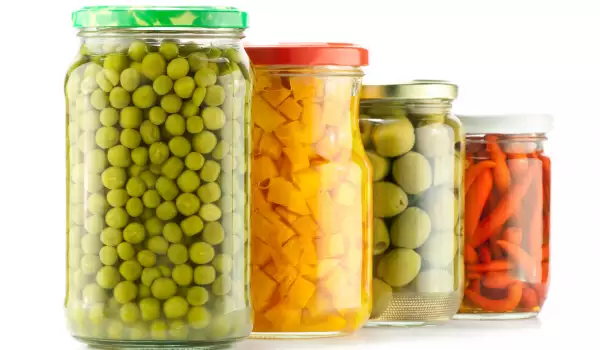
Then strain them through a colander and wash them with cold water. Jars are filled with the cooked peas, to which a tablespoon of salt is added and water is added. The jars are closed and boiled for 2 hours. Then they are taken out and turned with the lid upside down.
Freezing peas in the freezer
The second way you can store peas for the winter is by freezing them in the freezer. For this purpose, again, the peas are blanched in salted water, then washed and strained well. They are divided into equal parts in bags (as much as for one cooking) and arranged in the freezer. Defrost slightly before use.
Drying peas
The other option for preserving peas is by drying them in the sun. After the peas are peeled and cleaned, they are spread out well in a thin layer, in a sunny and airy place.
They are mixed several times a day and in the evening they are stored in a dry place at home to protect them from unwanted moisture.
The procedure is repeated, until the peas are completely dry in about a week (depending on the climatic conditions). After that they are stored in paper bags in a dry place.
While we're on the subject of peas, we also recommend reading:
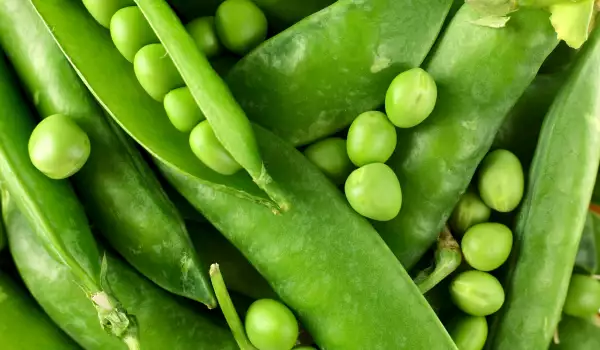

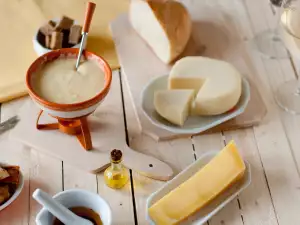
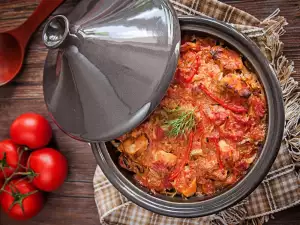
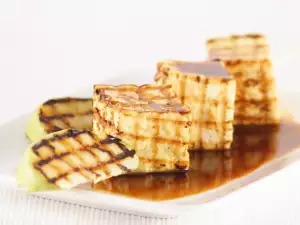
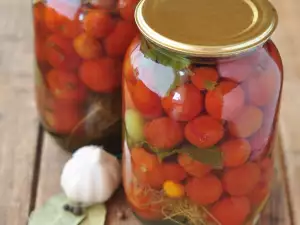
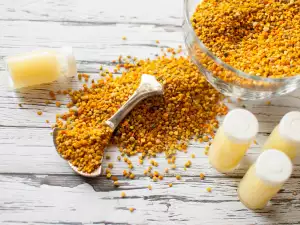
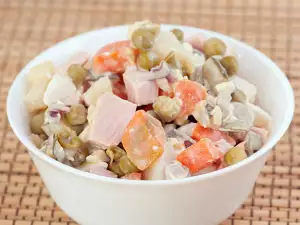
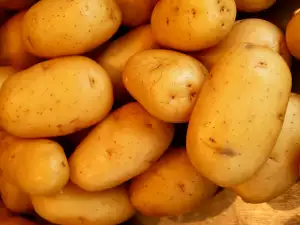
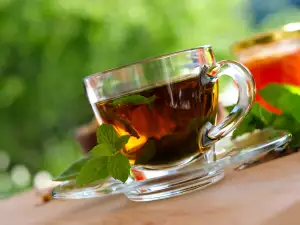
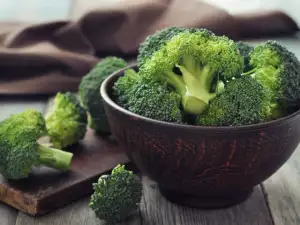
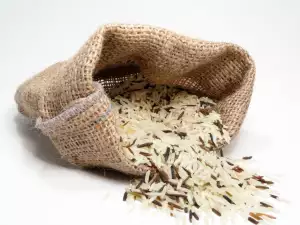
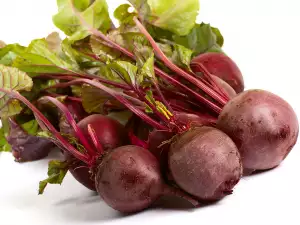
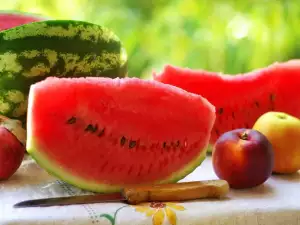
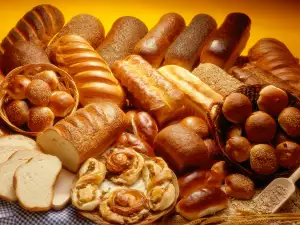
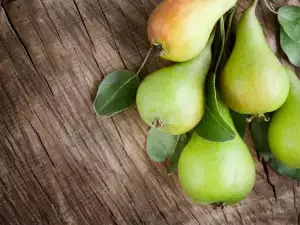




Comments